
Ben Kentish 10pm - 1am
27 June 2023, 18:53
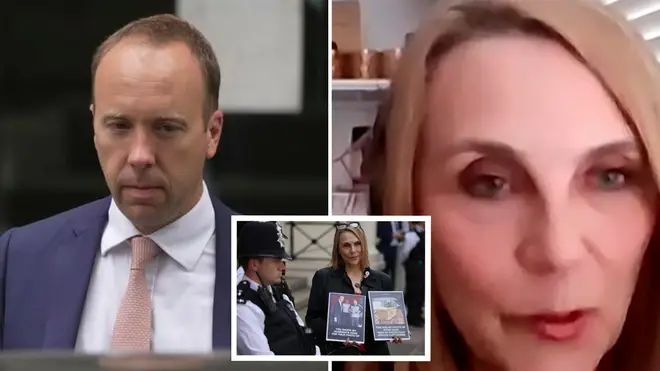
The wife of a man who died in a care home in the first wave of the Covid-19 pandemic has said she cannot forgive Matt Hancock until he shows "contrition".
Lorelei King told LBC's Andrew Marr said she had seen "very little evidence" that Mr Hancock was sincerely sorry for the Covid deaths in his tenure as health secretary, despite his seemingly heartfelt apology at the pandemic inquiry on Tuesday.
Ms King, whose husband Vincent Marzello died in March 2020 while living in a care home at the time due to early onset dementia, confronted Mr Hancock outside the inquiry on Tuesday morning.
Mr Hancock told MPs in May 2020 that the government had thrown a "protective ring" around care homes - but there were 27,000 excess deaths in the homes in the first wave of the pandemic.
Ms King told Andrew on Tuesday evening: "I think for there to be forgiveness, there has to be contrition and, and I have seen very little evidence of that. Certainly not today.

‘For there to be forgiveness there has to be contrition and accountability' says bereaved wife
"So as of today, no, I don't, I don't accept his apology. I think contrition would've been putting his head down and going to work hard for constituents not going to the jungle somewhere and... and getting massive fees to build up this reality TV career.
"It has no dignity as far as I'm concerned."
Ms King added that she wanted "accountability, not an apology."
She said that her husband had met Matt Hancock when he visited their care home. When she confronted the former health secretary outside the inquiry, she held two photographs of Mr Marzello - one of the meeting at the care home, and one of his coffin.
The UK had no plan for a lockdown and would have been underprepared even if the country had been hit by a flu pandemic Matt Hancock has told the inquiry into the UK's Covid-19 response.
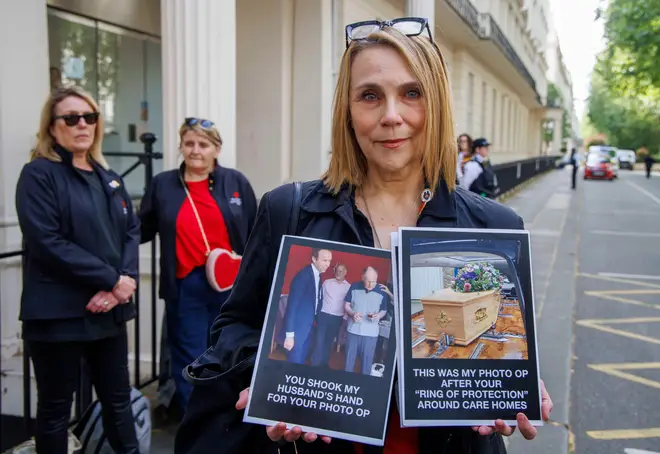
Mr Hancock, who was Health Secretary through much of the worst of the Covid pandemic, until June 2021, said that the government hadn't done enough to prepare.
He told the inquiry on Tuesday: "It is central to what we must learn as a country that we've got to be ready to hit a pandemic hard: that we've got to be able to take action - lockdown action if necessary, that is wider, earlier, more stringent than feels comfortable at the time.
"And the failure to plan for that was a much bigger flaw in the strategy than the fact that it was targeted at the wrong disease."
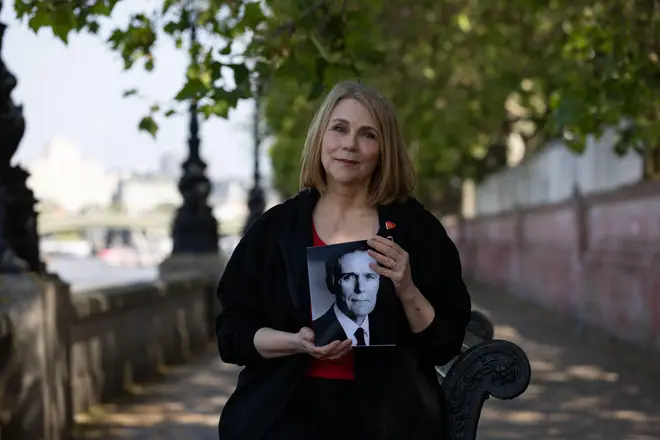
Mr Hancock added: "The doctrinal flaw was the biggest by a long way because if we'd had a flu pandemic, we still would have had the problem of no plan in place for lockdown, no prep for how to do one, no work on what, how best to lock down with the least damage.
Read more: The Covid Inquiry is already riddled with division and even the venue is under dispute!
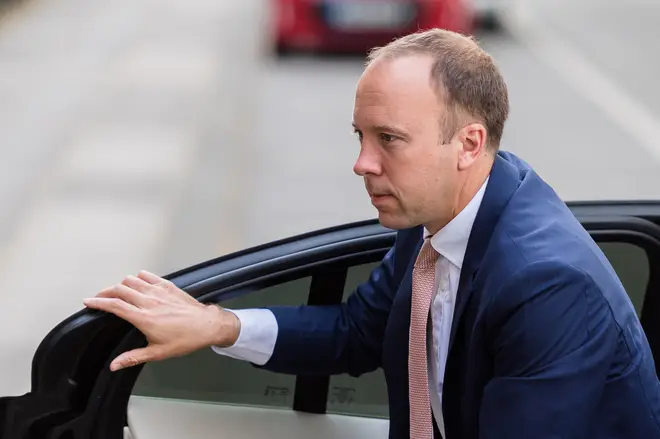
"I understand deeply the consequences of lockdown and the negative consequences for many, many people - many of which persist to this day."
Mr Hancock apologised for the impact the pandemic had on the UK.
"I am profoundly sorry for the impact that it had, I’m profoundly sorry for each death that has occurred," he said.
He added: "And I also understand why, for some, it will be hard to take that apology from me. I understand that, I get it. But it is honest and heartfelt, and I’m not very good at talking about my emotions and how I feel.
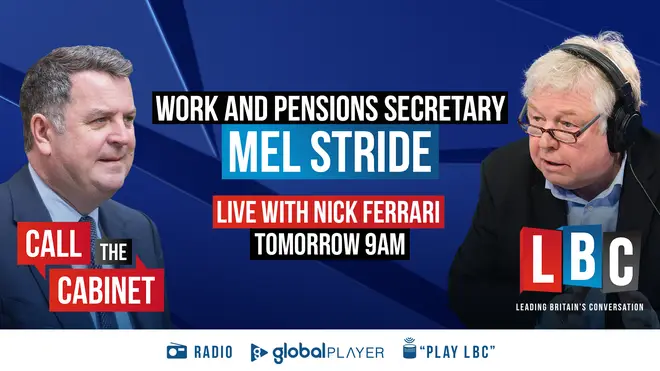
"But that is honest and true. And all I can do is ensure that this inquiry gets to the bottom of it, and that for the future, we learn the right lessons, so that we stop a pandemic in its tracks much, much earlier.
"And that we have the systems in place ready to do that, because I’m worried that they’re being dismantled as we speak."
Mr Hancock said that the UK and other western countries were "hampered" by the assumption that they wouldn't be able to stop the pandemic.
He said: "The central failing that hampered the UK's response common with the rest of the western world, was the refusal and the explicit decision that it would not be possible to halt the spread of a new pandemic, that is wrong and that is at the centre of the failure of preparation.
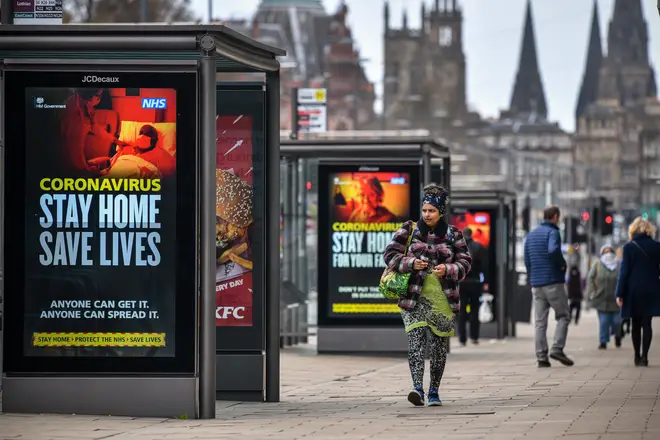
"I know that because I was the person responsible, as the category one responder, when this pandemic struck, and all of the other considerations are, are small, important but small compared to the colossal scale of failure in the assumption that it will not be possible, and the lack of ambition, in the assumption that you can't stop the spread of a disease. We can."
He added: "Imagine if this disease had had tragically killed children as much as it did old people, and maybe it transmitted twice as easily as Covid? Would it then be possible to stop this, to hold the spread?
"Of course it would, we would do whatever it took, and that's where we got to, but it but we got there far, far too slowly, because none of the preparation included any thinking around that."
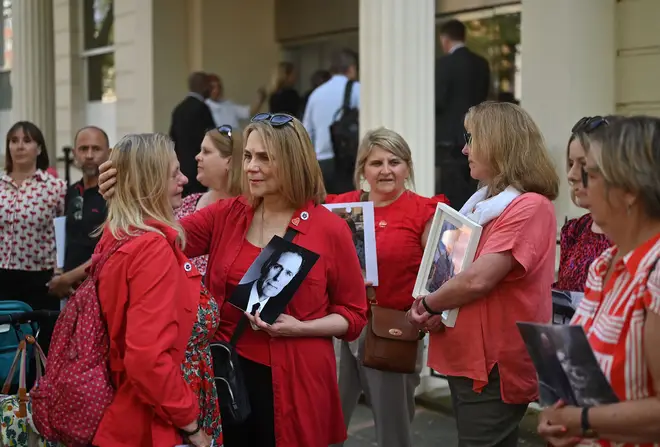
On the opening day of the inquiry, a written submission from Mr Hancock said: "In coming into the post as health secretary, I was advised that the UK was a world leader in preparations for the pandemic," it said.
"Whilst this may have been a heartfelt belief, it did not turn out to be the case when faced with what became known as Covid-19."
The families accused Mr Hancock of failing to protect their loved ones.Mr Hancock will become the latest high-profile politician to appear before the Covid-19 Inquiry, as hearings continue into Government preparedness for the pandemic.
Mr Hancock's attendance at the inquiry comes after chancellor Jeremy Hunt, another former health secretary, admitted that a "groupthink" helped lead to a "narrowness of thinking" that failed to expand pandemic preparedness beyond planning for a flu outbreak.
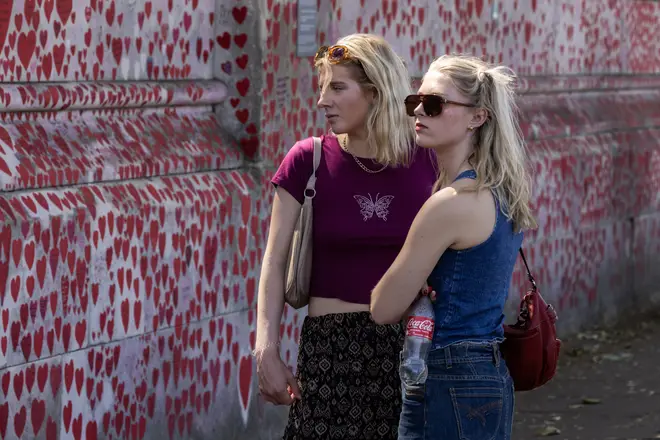
On Monday, former deputy chief medical officer Dame Jenny Harries was quizzed on the capacity of the UK health system as well as the organisational reforms before the Covid outbreak.
Mr Hancock, also known for his appearance last year on TV's I'm A Celebrity, became health secretary in mid-2018 - but his political career was torpedoed after footage emerged in 2021 of his embrace with aide Gina Coladangelo. He was central to the Government's pandemic era decision-making and messaging, with his own recollections of the period likely to be a crucial part of the inquiry.
A leak of more than a 100,000 of his WhatsApp messages by journalist Isabel Oakeshott to the Daily Telegraph, many of which were published earlier this year, provided a glimpse into the inner workings of Government during the period.
The West Suffolk MP, who will stand down at the next general election, has faced questions in the past about the Government policy on Covid testing and nursing homes.
Former prime minister David Cameron, former chancellor George Osborne and chief medical officer Professor Sir Chris Whitty are all among those who have appeared before the committee so far.